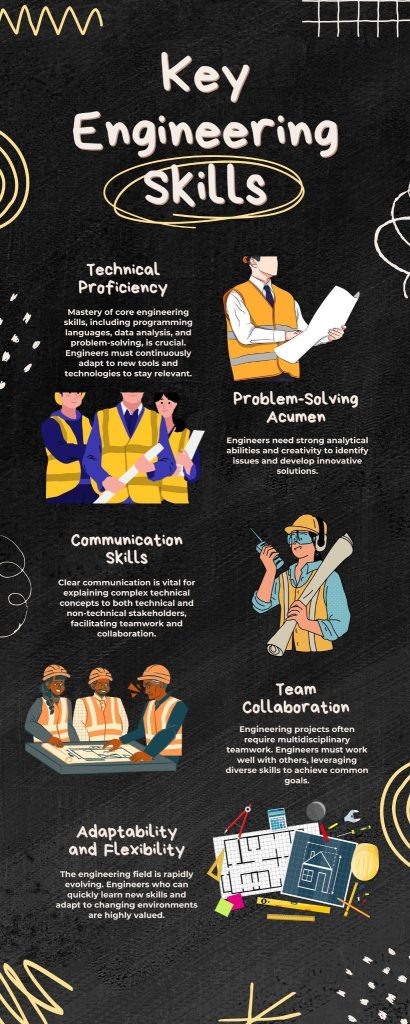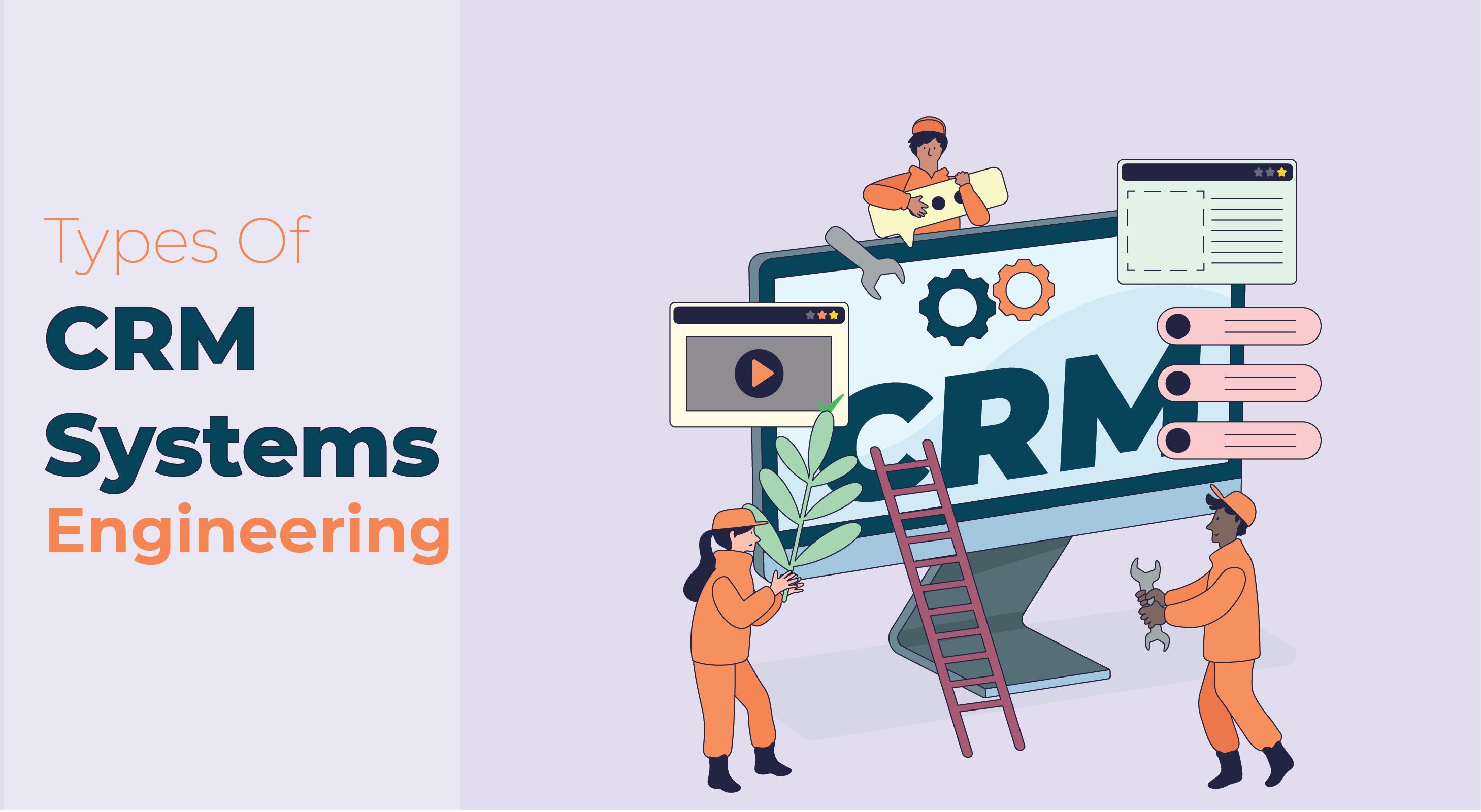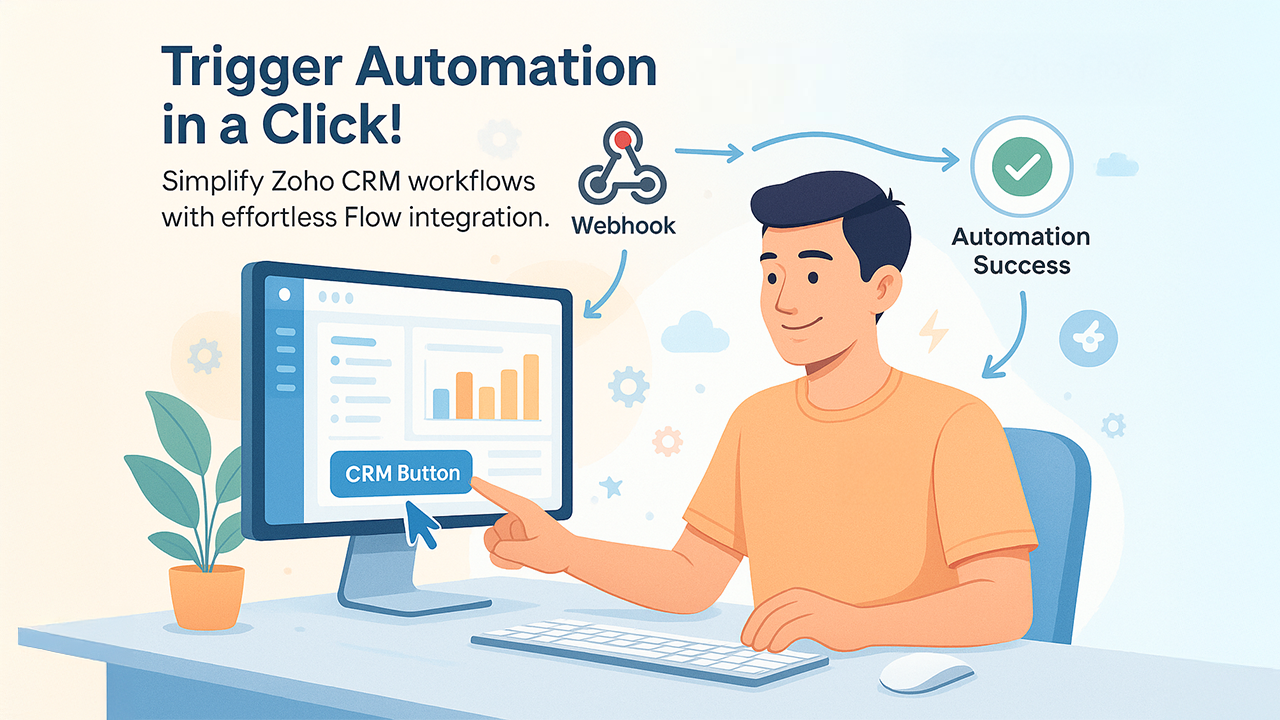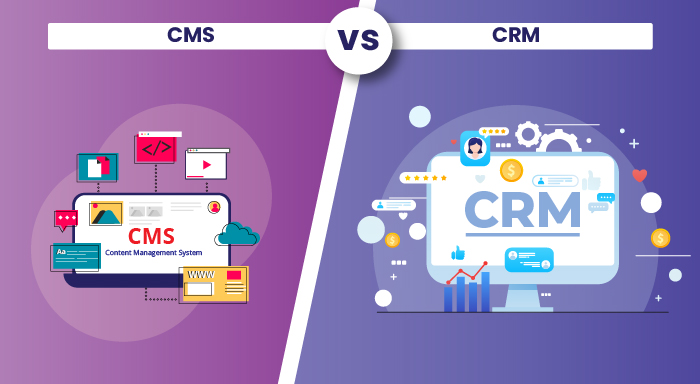CRM systems are an integral part of any aspect of business and it is the same for engineering firms. Most of them are looking to streamline client interactions and project management - which is where CRM systems come in.
Let's look at some numbers - there are expectations that the CRM industry will generate over $88 billion this year. Along with that 87% of businesses use cloud-based CRM systems for flexibility and real-time access to customer data.
Furthermore, businesses that use CRM systems report up to a 29% rise in revenue and a 300% gain in lead conversions, demonstrating the undeniable advantages of successful CRM implementation
Engineering firms use CRM solutions primarily for the automation of workflows, contract management, and real-time project status analytics. Some popular choices are Pipedrive and Zoho CRM and they all offer the benefits we mentioned.
Below we'll go right into what kind of CRM system you can get for your engineering firm, so if you're on the lookout for that read on.
The Evolution Of CRM Systems In 2024
As we mentioned above, you simply can run a business anymore without a CRM system. This is the same in engineering firms where almost any engineer type uses them in daily tasks.
Instead of giving you specific examples we've opted for giving you an overview of the types of CRM systems you could implement. We choose to concentrate on the broad features of the various CRM system types because specialized platforms are easily found through a Google search.
Below, we'll analyze five different kinds of CRM systems, outlining their advantages and potential applications to improve operations.
Operational CRM: Enhancing Workflow Efficiency
Operational CRM, as the name implies, focuses on streamlining the core processes involved in customer management—such. The processes include sales, marketing, and customer support. In focusing on these, businesses can enhance efficiency and ensure smooth customer experiences...
- Sales Automation: This feature helps manage sales pipelines by tracking leads, deals, and conversions. Sales reps can automate follow-ups and generate reports based on sales performance.
- Marketing Automation: Operational CRM enables targeted marketing campaigns, automating tasks like email marketing, social media outreach, and even ad campaigns.
- Service Automation: Businesses can manage customer complaints, track service requests, and automate ticketing systems, ensuring that issues are resolved efficiently. If you are service-heavy industries like engineering then this type of CRM must be your first choice.
Analytical CRM: Data-Driven Decision Making
Analytical CRM focuses on analyzing data to make customer-driven decisions. Data mining, data warehousing, and OLAP (Online Analytical Processing) are all in the scope of an analytical CRM.
The point of so much focus on analysis is to provide actionable steps forward, based on hard data. If you're a business that depends heavily on informed decisions based on your customers this is the type of CRP for you.
- Data Warehousing: This basically means that customer data that is relevant to the company gets collected from various sources and stored.
- Predictive Analytics: Businesses can track customer behavior, estimate demands, and even project future sales patterns with the use of analytical CRM. For example, from past performance, engineers may forecast what clients will want from a given project.
Customer Segmentation: This tool allows businesses to segment customers based on demographics or purchasing behaviors, providing personalized marketing and sales strategies

Collaborative CRM: Breaking Down Departmental Silos
Collaborative CRM systems focus on - you guessed it - collaboration. This basically means they are meant to enhance communication and teamwork between different departments. The idea is that, for example, sales should communicate easily with marketing or customer service. The departments may be different in your firm, but you get the picture.
What this achieves is that every department in the firm has access to customer information, making it easier to provide a unified customer experience.
- Interaction Management: Collaborative CRM logs all customer interactions, including phone calls, emails, and social media messages, in one place. This transparency allows different departments to track a customer’s journey and respond accordingly..
- Channel Management: This manages communications across various channels, enabling businesses to interact with customers on their preferred platforms—whether that’s through social media, email, or phone calls.
- Document Management: Collaborative CRM also allows the sharing and storing of important documents. Contracts and project proposals, or engineering documents can all be very available for every team member.
Strategic CRM: Focusing On Long-Term Customer Relationships
Strategic CRM is focused on building lasting relationships with customers. This can be accomplished so easily by comprehending and identifying the needs of the client. An increase in consumer engagement and retention is the ideal result.
- Customer Segmentation And Personalization: Strategic divide customers into distinct segments based on their preferences, behaviors, or purchase history (within the company). Segmentation then enables personalization, which we will talk about later.
- Customer Data Management: Firms gather and analyze data from customers from all touchpoints - social media interactions, purchases, and website visits.
- Customer Engagement: Ongoing communication through personalized campaigns, loyalty programs, and proactive customer service all serve to build long-term trust and loyalty.
AI-Powered CRM: The Future Of Automation
Now here's a new trend both in the world and in CRM systems. AI-powered CRMs are able to automate even the most complex processes.
- Automation Of Complex Tasks: Advanced tasks are not beyond automation with an AI-powered CRM - basically, many tasks such as lead scoring or customer service can be done by AI Chatbots.
- Natural Language Processing (NLP): AI-powered CRMs are able to analyze text from customer emails, chats, and social media to understand customer sentiment and needs, thus employing natural language processing.
Enhanced Data Insights: Utilizing the capability of an AI-powered CRM system you can analyze large datasets to predict customer behavior that will allow you to proactively address customer needs and identify new business opportunities.
Wrapping Up
As CRM systems continue to evolve, engineering firms must remain agile in adopting the latest technological advancements to stay competitive. The integration of AI and cloud-based features will assist you in presenting new opportunities for automating complex tasks and enhancing customer service in 2024.
In order to manage customer connections and project productivity over the long term, businesses should concentrate on the smooth integration of CRM solutions with other business systems.








